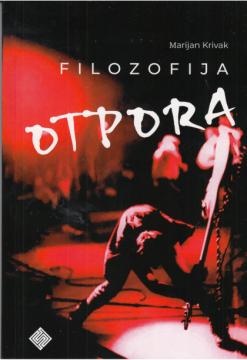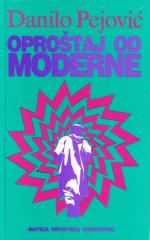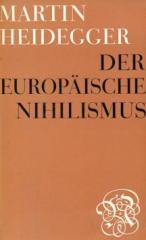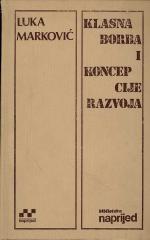
Filozofija otpora
In a world of entropic orders networked by "control societies" (Deleuze), the only thing left for us is a peculiar PHILOSOPHY OF RESISTANCE.
Resistance is like a "human too human" urge to conquer the enclave of Justice in the impotent (only) formal framework of human rights and freedoms. Furthermore, philosophy today must be in what has been called eudaimonia since Antiquity - happiness as bliss. The answer, on the other hand, to the question of what philosophy is, can only be a "philosophizing answer". Her saying "love for wisdom" is no longer sufficient for us as decisive. Heidegger and Deleuze&Guattari get the solution to their question about the "value" of philosophy - according to my deep conviction - in Badiou's peculiar "metaphysics of real happiness". The central part of the book - its interlude - deals with the phenomena of language and art, especially film. Julij Knifer's artwork (juxtaposed with Mihovil Pansini's film opus) becomes an act of freedom, therefore RESISTANCE! Both authors strive, with their anti-stance - Knifer with anti-painting, and Pansini with anti-film - to affirm the art of sàmu. How, then, to mark the place of LANGUAGE in such a "philosophy of resistance"? Language, as something that belongs most to every human entity, should be freed from its communicative purpose. We could get there if we restore LANGUAGE as the generic essence of man. Finally, reaching the language is also the medium of coming into the world (Sloterdijk). The last part of the book is dedicated to the term "fascisization". What is fascism? The term to which I return again and again needs to be explained in the operational sense of its current philosophical-theoretical usability. Is it still possible to approach the term historically and epistemologically? What is PHILOSOPHICAL RESISTANCE RESISTANCE to a senseless and conceptless world? Through this art, the revolutionary desire for an event of inhabiting a new land and people in which philosophy is born is revealed. Philosophy is re-territorialized against all the dispositifs of capital, in a "non-fascist existence, in the field of immanence."
One copy is available




